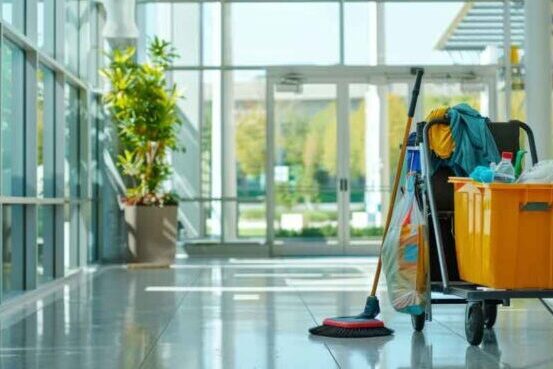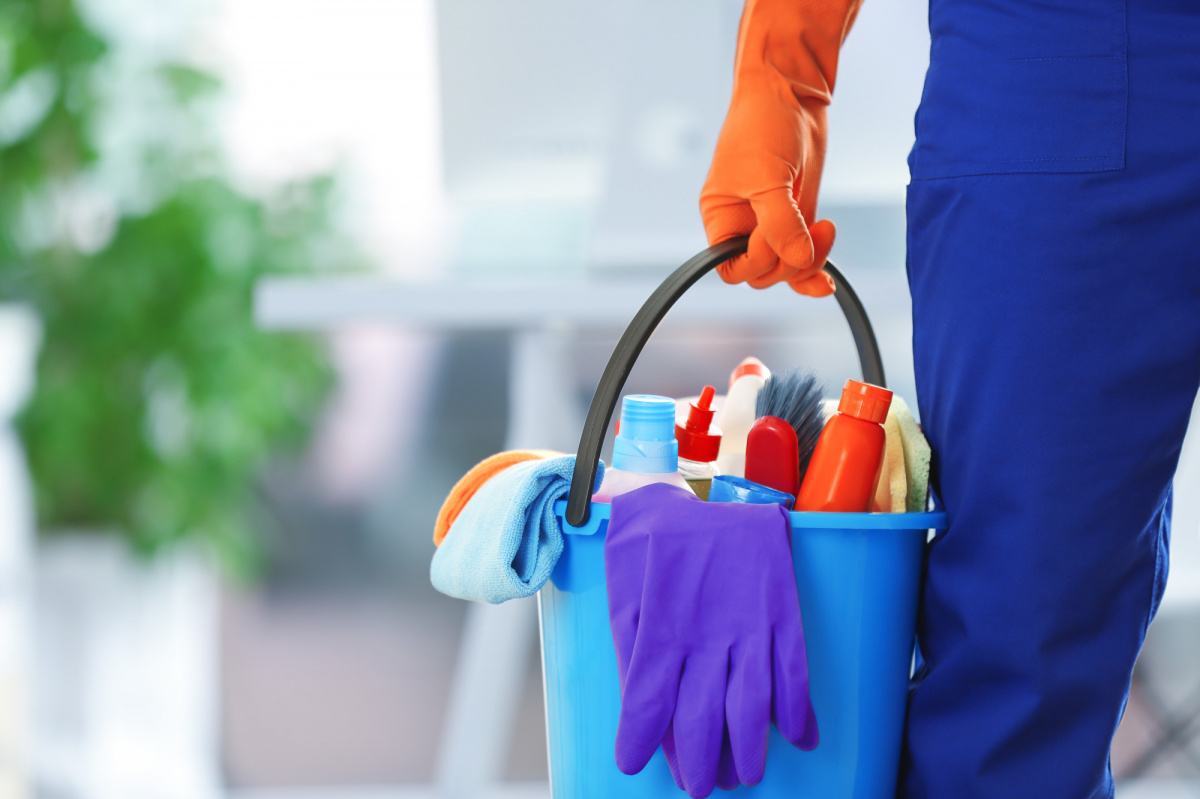
COMMERCIAL CLEANING
Comprehensive facility service management, offering everything from commercial cleaning and floor care to landscaping and lighting maintenance for offices.
Serving Thousands of Customers Since 2004
BOOK APPOINTMENT
By submitting, you agree to be contacted about your request & other information using automated technology. Message frequency varies.

Commercial Cleaning

Repair & Maintenance

Janitorial Service
Professional Facilities Management
System4 Southern California offers capabilities and resources of a national company, with attentiveness and flexibility of local ownership. Whether you need basic services, multiple services or specialized services including equipment and/or chemicals, System4 Southern California has the expertise and resources to exceed your expectations.
We would like to introduce you to a level of professionalism uncommon in many basic service businesses. We will meet with you to gain a full understanding of the services you desire and more importantly, how a service program can be structured to reduce your cost and exceed your expectations. Whether you are a single location looking for a customized program, a small chain of locations that wants consistent service for all locations or a national brand that requires uniformity of service and centralized administration, we can handle your needs.

Commercial Cleaning Experts
Trusted leaders with 20+ years serving commercial customers.
67+
Locations
500K+
Jobs Completed
100K+
Clients Served
GSA | Contract Holder
System4 Facility Management Services, as a GSA Contract Holder, is authorized to provide its comprehensive facility management services to federal agencies. This designation underscores System4’s commitment to delivering quality, reliable, and efficient solutions tailored to meet the specific needs of government entities.
561210FAC Facilities Maintenance and Management

